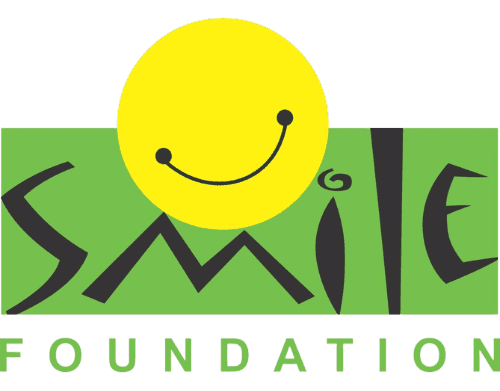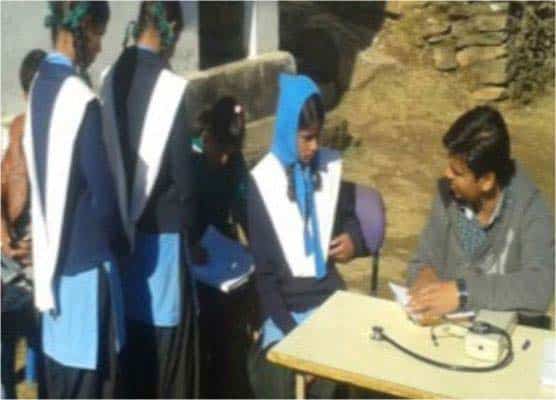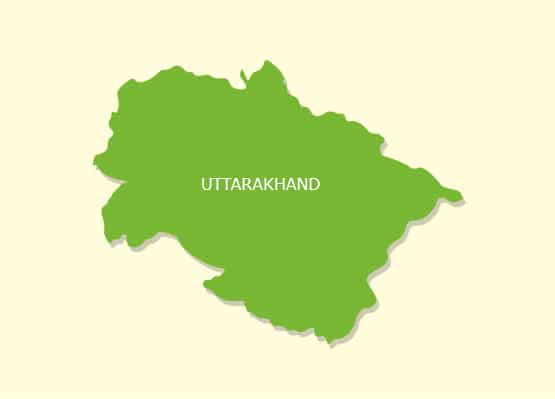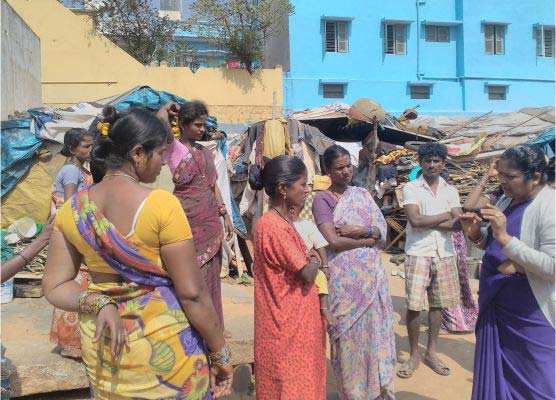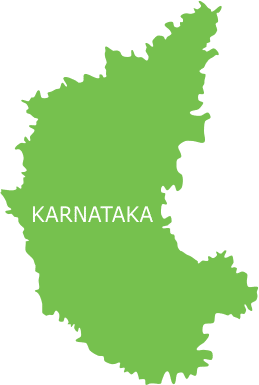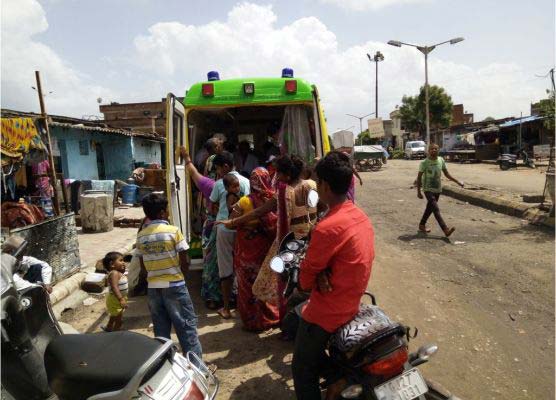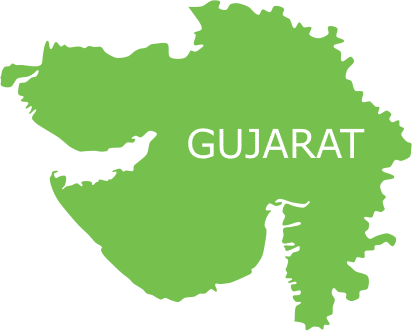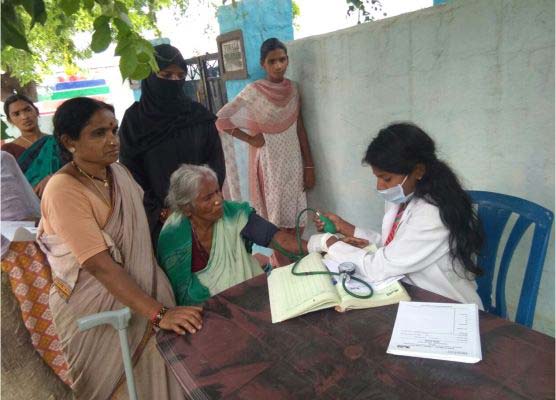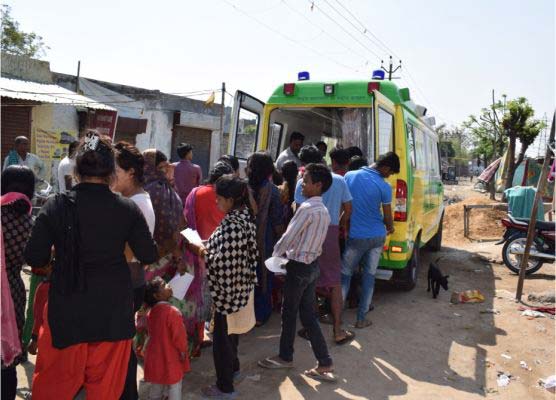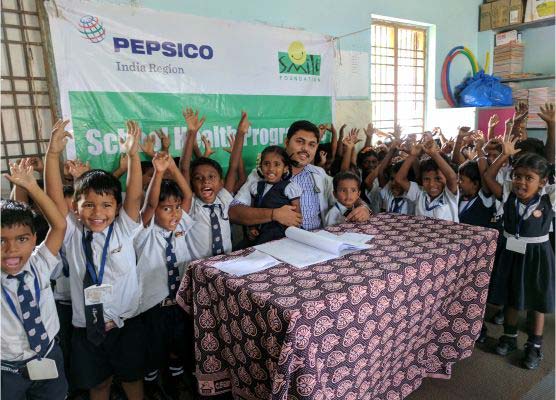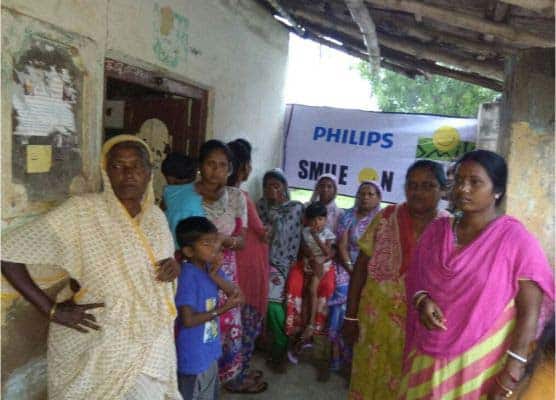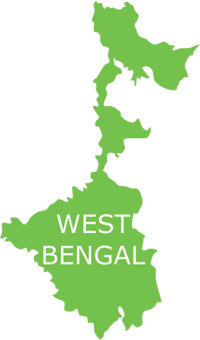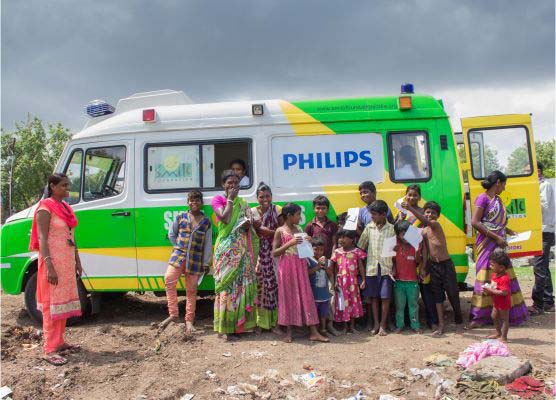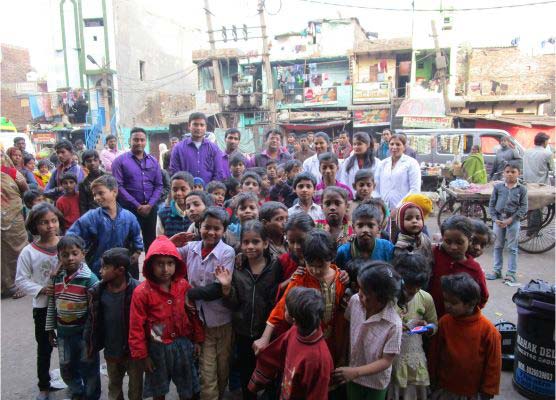Chennai – Doorstep health services for slum dwellers
Chennai, counted among the fastest growing metropolitans in the country, has the fourth highest population of slum dwellers among major cities in India, with about 820,000 people (18.6% of the city’s population) living in slums.
Most of the slums are in extremely miserable conditions –one room houses where people cook, clean, wash and sleep as well. There is no drainage system, no awareness and people openly defecate which leads to spread of various diseases. A significant number of slums are not listed in official records and therefore remain outside the purview of public services including health which further accentuate their vulnerability to health risks.
Chennai has world-class medical facilities, including both government-run and private hospitals. The city in fact has been termed India’s health capital. But unfortunately these facilities and healthcare measures remain confined to the upper strata of the society and less privileged people and slum dwellers have no access to the advanced medical infrastructure of the city.
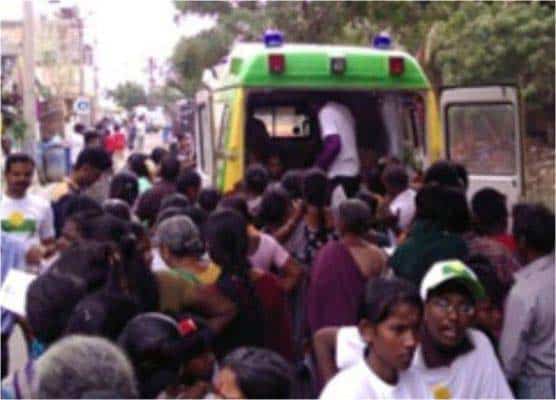

Intervention
Smile Foundation launched Smile on Wheels in Chennai on 15th Oct’15, with support from Ericsson India Global Services Pvt. Ltd. The project provides doorstep healthcare services to 11 slum areas in the city including Mattuankuppam, Nadukuppam, Ayodyakuppam, Mullikupam, Nuchikuppam, Doominjkuppam, Bharathikuppam, Selvarajapuram, Nambikinagar and Burma colony.
The mobile hospital project provides access to facilities like OPDs, lab tests, free of cost medicines, along with preventive and promotive measures and awareness programmes, to create a sense of healthy living, sanitation and hygiene among the underprivileged masses. Rare cases are referred to specialised hospitals and healthcare centres for further treatment.
In slum communities, the poor living conditions lead to spread of chronic ailments and infectious diseases which further lead to adverse effects on the overall health of the family, with women and children being more vulnerable. Hence, maternal and child healthcare are an important aspect of the project.
Project Highlights
The SoW project will cover a population of 16,000 every year from 11 slum clusters in Chennai including Mattuankuppam, Nadukuppam, Ayodyakuppam, Mullikupam, Nuchikuppam, Doominjkuppam, Bharathikuppam, Selvarajapuram, Nambikinagar, Burma colony, etc.
Awareness activities are conducted regularly on topics such as Personal Hygiene, Institutional Delivery and proper Hand Washing.
Critical cases are referred from time to time to nearby government and private health centres in the departments of Gynaecology, Radiology, ENT, Dermatology, Orthopaedics and Paediatrics for specialised treatment.
Women are increasingly availing of the antenatal and postnatal services, which in the long term would lead to decreased infant and maternal mortality rates, and a healthier next generation.
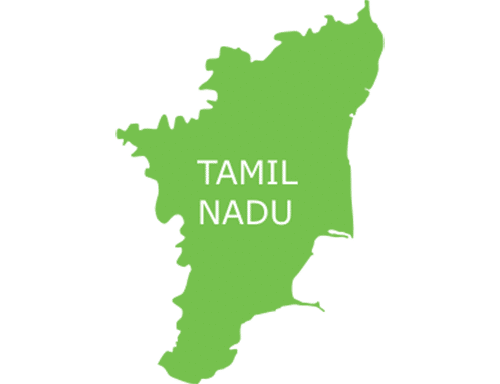


IMPACT





A TOTAL 261 OPDS ORGANIZED





OVER 10 ICE ACTIVITIES WERE CONDUCTED LAST YEAR, BENEFITING MORE THAN 1324 PEOPLE





1294 PATHOLOGICAL TESTS WERE CONDUCTED SO FAR.





A TOTAL OF 24232 PEOPLE BENEFITED FROM THE HEALTH CARE SERVICES PROVIDED

